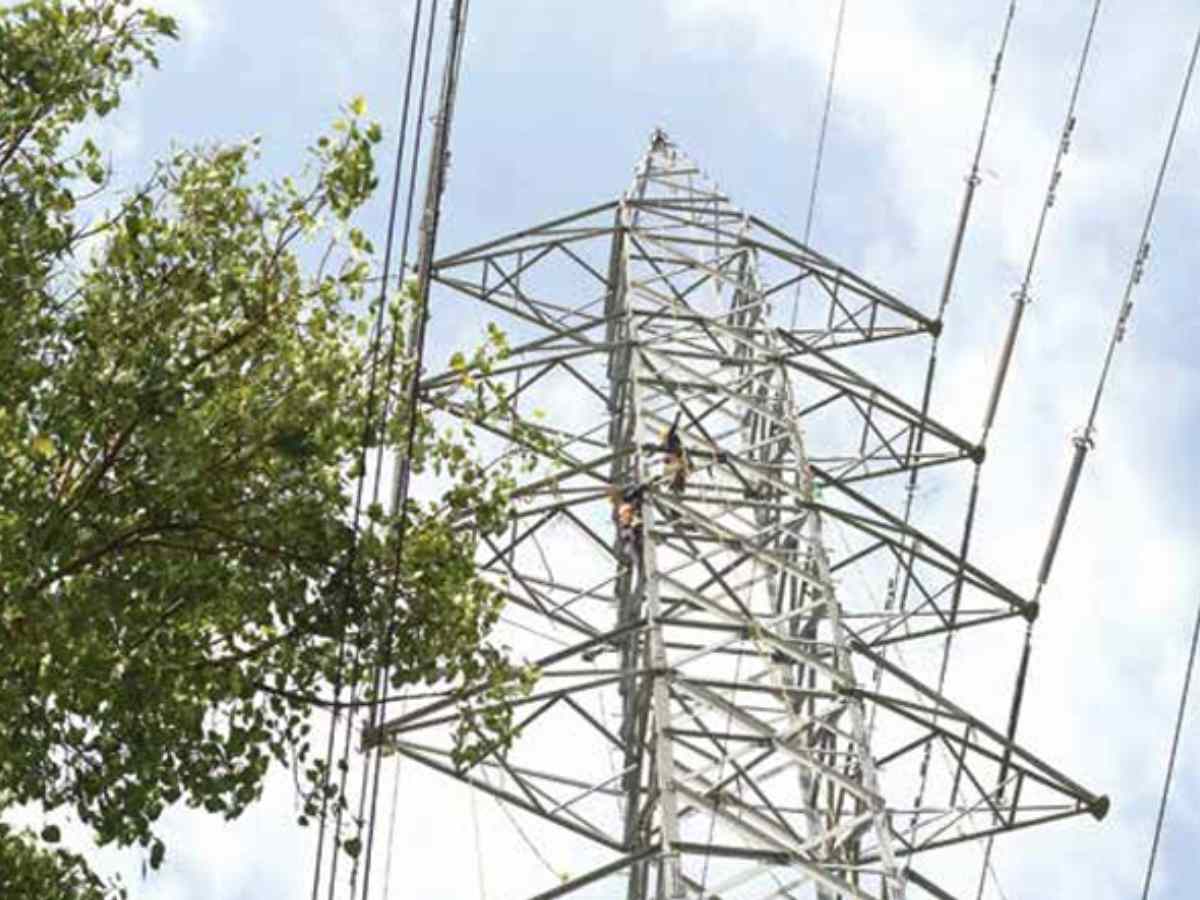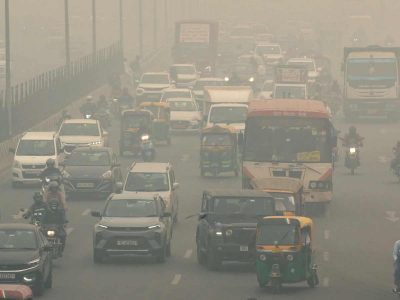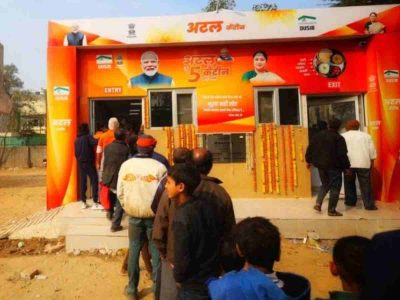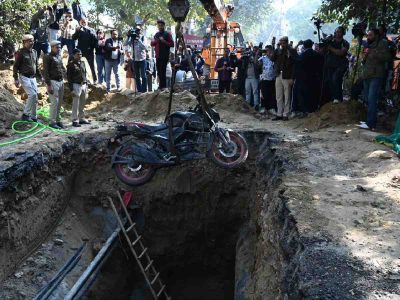Delhi: Though the monsoon season has brought much needed respite to Delhiites from the sweltering heat, multiple authorities in the national capital are gearing up to face challenges like waterlogging, flood, and more.
However, one of the major threats for the residents is the presence of naked wires which claims scores of lives every year in the monsoon season. According to data released by the National Crime Records Bureau (NCRB), approximately 100,000 people lost their lives due to electrocution between 2011 and 2020, averaging around 11,000 deaths annually.
This number surged to 12,492 in 2022, resulting in an average of 34 fatalities per day. Speaking to Patriot, a senior BSES official, on the condition of anonymity said, “We are geared up to ensure reliable power supply to our over 50 lakh consumers and over two crore residents while taking all safety measures that are required during the rainy season. Consumers can play a very important role in ensuring an incident free monsoon by following simple safety guidelines.”
Also read: Delhi: Displaced Yamuna farmers scramble for shelter
When asked about the power outages and the naked wires which lead to tragic incidents, he said, “The major reason for outages is unplanned digging for road repair or to lay cables/ pipelines. This not only causes outages (sometimes for long duration), but can also be a serious safety threat – especially during the rainy season — for the area residents/passersby, as also for the workers involved in the digging.
“For your safety, if you dig or come across digging, please inform BSES,” he appealed.
Steps Taken By BSES
Informing about the measures taken by the BSES to ensure safety of Delhiites, a senior official said, “Discoms have conducted inspections on electrical equipment including in sub-stations, feeder pillars, distribution boxes, and fencing across areas under its jurisdiction to identify and rectify hazardous conditions, if any.
“Apart from this, several other steps have also been taken, including field staff members regularly performing preventive checks for current leakage, examining electric poles and 11 KV Electric Sub Stations and promptly addressing any identified issues. Fencing and metering panels of public parks are checked for leakage current, and all open joints in steel tubular poles are thoroughly checked and fixed. If required, feeder pillars, distribution boxes, and sub-stations are checked for proper locking arrangements and to ensure no waterlogging. To enhance safety awareness among consumers and public, safety training sessions are being conducted during Resident Welfare Association (RWA) meetings.
“Topics such as the significance of electrical safety, fire safety, common causes of household accidents, precautions during the monsoon season, safety measures for kite flying, and the usage of ELCBs (Earth Leakage Circuit Breakers) are talked about,” he said. “On the other hand, BSES employs a Safety Management System (SMS) in the form of a web portal, which monitors site safety observations and channels them to the respective departments for prompt action. Different access rights are granted based on the roles and responsibilities of the individuals concerned,” he said.
To ensure seamless safety and reliability of the power supply in important locations, “comprehensive inspections of the electrical network in critical establishments such as hospitals, schools, and coaching institutes are conducted”.
“Nukkad Nataks (street plays) to raise awareness about electrical safety, refresher training for the field workforce on safety precautions, increased frequency of cross-checks for new meter installations, special drives for tree trimming to ensure uninterrupted supply, and routine sharing of safety tips and advisories with consumers via social media, newsletters, WhatsApp, mailers, SMS, and emails are the steps taken by the BSES,” he stated.
Also read: Delhi: After 6 years, Burari’s house of horrors gets tenants
Power Outrage In Delhi
To avoid power outages in the city, a BSES official said, “The monsoons often lead to waterlogging, strong winds, and falling branches, which can damage electrical installations and cause power outages. To protect both lives and equipment, BSES may need to temporarily switch off the electricity supply in affected areas as a precautionary measure.”
Explaining its monsoon plans, a BSES official stated, “We have raised the height of transformer foundations in low-lying areas to safe levels to prevent waterlogging, which can cause seepage and moisture in the switchgear. Additionally, we have installed proper fencing around all plinth and pole mounted transformers, deployed Quick Response Teams to address emergencies, and established a war room to review and quickly resolve complaints.”
Appeal Against Power Theft
“Power theft through hooking into an electricity system poses a serious safety hazard, particularly during the monsoon months. These “hooked on” wires are often not insulated or properly secured. In windy or rainy weather, they can fall off, leading to serious injuries or even fatalities. BSES urges all citizens of Delhi to report such incidents and persuade others not to illegally draw electricity by hooking onto main lines or electrical equipment,” a senior official further appealed to the residents.
BSES Advisory
A BSES official said, “The risk of electricity-related mishaps is high during the monsoon season due to waterlogging. Simple precautions can help consumers stay safe including staying away from electrical installations such as electricity poles, substations, transformers, and streetlights.
“Caution children against playing near electrical installations, even if they are barricaded, and advise them not to play in waterlogged parks. Have the entire wiring in your premises thoroughly checked and tested by a Licensed Electrical Contractor,” he said.
“Furthermore, turn off the main switch if waterlogging or leakage is observed in the meter cabin, and turn it back on only after ensuring all faults have been properly rectified. Install an Earth Leakage Circuit Breaker (ELCB) to help avoid shocks and mishaps. Keep a “Tester” at home. If a switch is wet, do not touch it. Use the “Tester” to check for electricity leakage first, and call your electrician if necessary,” the BSES official added.





